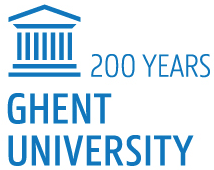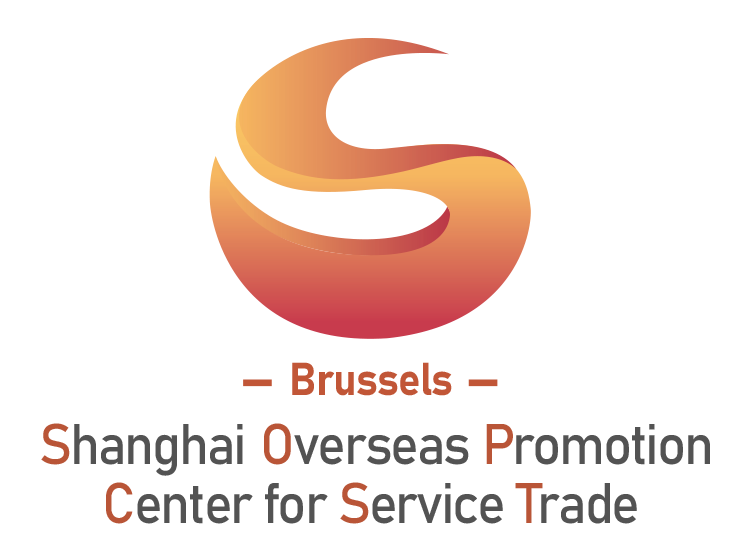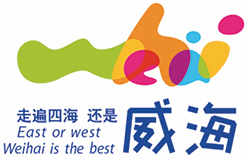Sinovac releases vaccine data on the elderly, more vaccines to be approved in China
February 9, 2021 Category ![]() Health, Weekly
Health, Weekly
Covid-19 infections in China seem to be waning as large cities of Beijing and Shanghai and most Covid-19 affected regions in the latest virus spike, reported zero new local cases on February 7 and 8. Chinese medical experts said that this winter epidemic outbreak has been basically brought under control.
Meanwhile, Sinovac Life Science’s CoronaVac vaccine has received conditional market approval. Like the experimental vaccine developed by the state-owned Sinopharm – the first vaccine to be approved for public use on December 30 – the Sinovac vaccine uses inactivated viral particles to trigger an immune response and requires two doses administered at 14 to 28 days apart. Sinovac also released phase-I and phase-II clinical trial data on healthy adults aged 60 years old and above, which shows the vaccine will be safe and stable in older adults. The trials included 422 adults aged 60 years and older in Renqiu city in Hebei province between May and June 2020. Sinovac’s findings were published in the Lancet medical journal. It was the first report of an inactivated SARS-CoV-2 vaccine tested in adults aged 60 years old and above. Results of its phase-three trials in Brazil, Chile, Indonesia and Turkey involving about 25,000 participants have not yet been published. CoronaVac had already been approved for emergency use, but can now be given to the general public.
Chinese pharmaceutical company Fosun Pharma, a partner of German biotech company BioNTech, is on track to seek approval from the Chinese regulator for the Covid-19 mRNA vaccine to be used in China, Hui Aimin, President of Global R&D and Chief Medical Officer of Fosun Pharma, told the Global Times in an exclusive interview, noting that he is “very optimistic” about mRNA vaccine development in China. Another Chinese vaccine producer, CanSino Biologics, which uses an Ad5-nCoV vaccine, announced it has met its pre-specified primary safety and efficacy criteria at interim analysis. The Ad5-nCoV’s phase-II and phase-III trials have involved elderly participants, with no serious adverse reactions reported.
Chinese syringe makers are warning that they may only be able to fulfill some orders as late as June, as global coronavirus vaccination programs put unprecedented levels of pressure on their production lines. Companies said that they were working around the clock, raising prices and trying to expand production. China and India are the world’s biggest producers of syringes. Zhejiang KangKang Medical Devices General Manager Guo Chun said the company began receiving export contracts for 10 million to 20 million syringes each in December, compared with order sizes of about 5 million each before the pandemic, due to overseas vaccination programs. The company, a unit of Wanbangde Pharmaceutical Holding, was adding capacity to quadruple its production for certain types of syringes by May, but until then can only partly fulfill large orders, he said. Prices of syringes have more than tripled from CNY0.1 each before the outbreak to more than CNY0.3 now, KangKang’s Guo said.
Shenzhen Kangtai Biological Products said it had completed a facility designed to be able to produce 400 million doses of AstraZeneca’s Covid-19 vaccine per year. “Kangtai is actively pushing forward procedures for the vaccine’s clinical trial and registration in China, and has completed a manufacturing plant and started trial production,” the Shenzhen-based firm said in a press release. The firm obtained rights to supply the AZD1222 vaccine, developed by the Anglo-Swedish drugmaker and Oxford University, in China’s mainland last year in return for having capacity to produce at least 200 million doses by the end of 2021. The vaccine might be approved for use in China by mid-2021 after the required safety and efficacy data are collected.
Studies into the clusters of Covid-19 cases in recent months show that contaminated cold chain food products are the major cause of the outbreaks, highlighting the need for protection of workers, experts said. But according to Liu Zhaoping, Researcher at the China National Center for Food Safety Risk Assessment, “the likelihood of food-to-human transmission is considered lower than with other routes of transmission.” Investigations into the source of the outbreaks in cities across China, including Beijing and the port cities of Dalian, Liaoning province, and Qingdao, Shandong province, found many could be traced to workers at cold storage areas, seafood processing plants and markets selling imported frozen food products, he said. An investigation into the Covid-19 outbreak in Qingdao for the first time isolated live samples of the coronavirus taken from imported frozen seafood packaging, proving the possibility of virus transmission via frozen food, according to a study by the Chinese Center for Disease Control and Prevention in October. Recent studies have also found that containers may harbor live coronavirus in low winter temperatures. All of China’s major infection clusters since December were caused by inbound travelers or contaminated cold-chain goods.
A 13-member team of the World Health Organization (WHO) has conducted field visits in Wuhan on the origins of the coronavirus. They visited the Huanan Seafood Market – were the first Covid-19 cases were detected in December 2019 – the Wuhan Institute of Virology (WIV), and two hospitals where early cases were treated. Zeng Guang, Chief Epidemiologist of the Chinese Center for Disease Control and Prevention, told the Global Times that after the trip to Wuhan, the WHO should also conduct virus-tracing work in other countries. With more evidence of early cases emerging in other countries, including the U.S., Spain, Italy, France, Brazil and India, some even earlier than the cases reported in Wuhan, the WHO should follow those clues and continue carrying out field studies in the coming months, some experts suggested. The WHO should conduct virus-tracing work in other countries, as it is a global pandemic, and the origins cannot be found in just a single place, Feng Duojia, President of the China Vaccine Industry Association, told the Global Times.
- KURT VANDEPUTTE (UMICORE) APPOINTED CHAIRMAN OF THE BOARD OF THE FLANDERS-CHINA CHAMBER OF COMMERCE (FCCC)
- Webinar: “Knowing Your Chinese Partner” – May 26, 2021, 10 am – 12 am
- EMA starts rolling review of CoronaVac, WHO approves Sinopharm vaccine for emergency use
- The Global Times warns not to politicize the Comprehensive Agreement on Investment (CAI)
- Hainan to become biggest duty-free market in the world





























